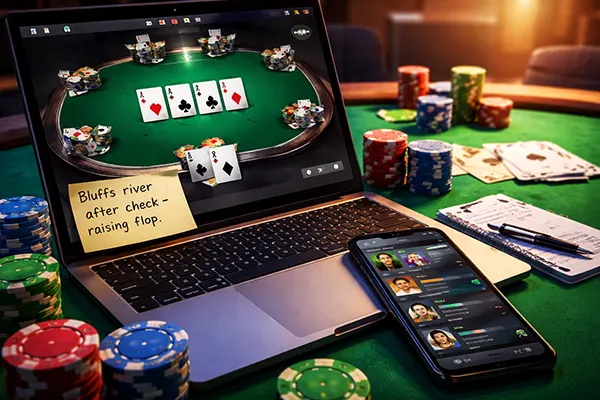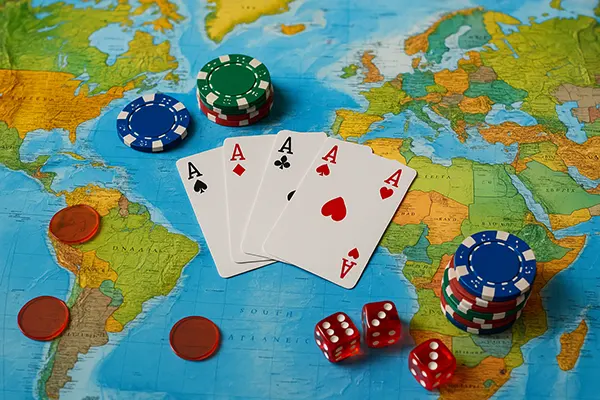
Can Poker Get Boring?
Poker, a game woven into the fabric of gambling culture, is revered for its strategic depth, psychological complexity, and the thrill of the unknown. But amidst the shuffling cards and clinking chips, a question arises: Can poker, with all its intensity and excitement, become boring?
The Thrill of Poker
Poker’s allure lies in its blend of skill, psychology, and a dash of luck. Each hand is a new puzzle, each opponent a mystery to unravel. The thrill comes from outwitting others, reading tells, and making calculated moves. It’s a mental game that rewards patience, observation, and adaptability.
Factors Contributing to Boredom
Even the most exhilarating activities can become tedious over time, and poker is no exception. Several factors contribute to this sense of ennui:
- Repetition: Playing the same format against similar opponents can become monotonous.
- Lack of Challenge: Dominating the same stakes or games can lead to a plateau in skill development.
- Long Sessions: Extended periods of play, especially online, can lead to mental fatigue.
Signs of Poker Fatigue
Recognizing poker fatigue is crucial for combating boredom. Symptoms include:
- A waning interest in sitting down for a game.
- Difficulty in maintaining focus, leading to careless mistakes.
- A sense of routine rather than excitement during play.
Strategies to Combat Boredom in Poker
To keep the game fresh and engaging, consider the following strategies:
- Diversify Your Play: Experiment with different poker variants and formats.
- Set New Goals: Challenge yourself with new objectives, whether it’s mastering a particular game or achieving a certain win rate.
- Take Breaks: Regular breaks can prevent burnout and maintain your enthusiasm for the game.

The Role of Learning and Improvement
Continuous improvement is the antidote to boredom. Engaging with new strategies, studying hand histories, and learning from losses can reinvigorate your passion for poker. Moreover, the poker community is a vast resource for inspiration and motivation, offering insights into advanced techniques and fresh perspectives on the game.
The Psychological Perspective
Understanding the psychological aspect of boredom in poker can also offer solutions. The balance between risk and reward is delicate; too much comfort can lead to disinterest. Embracing risk, trying new tactics, and stepping outside your comfort zone can reignite the excitement of play.
Personal Stories: Reigniting the Poker Flame
Many players have faced the poker doldrums and emerged reinvigorated. Stories from the community highlight the effectiveness of changing one’s approach to the game, whether through learning new variants, participating in tournaments, or simply taking a hiatus to rediscover the joy of poker.
Conclusion
Poker, like any long-term pursuit, can become boring if approached with a static mindset. However, the beauty of poker lies in its complexity and the infinite learning curve it offers. By embracing change, seeking new challenges, and continuously learning, poker can remain a thrilling and rewarding endeavor for a lifetime.






